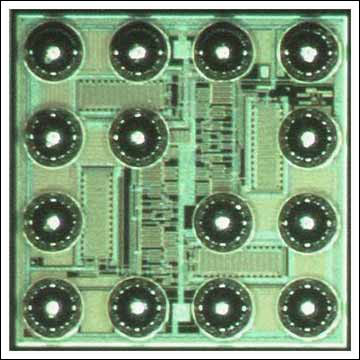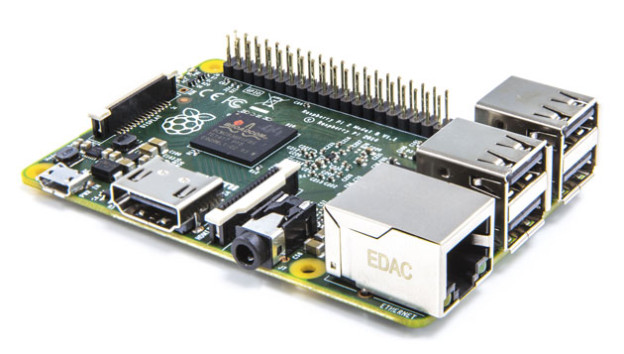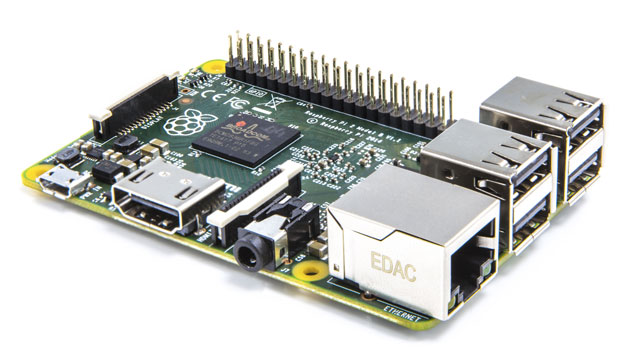As far as glitches go, this latest glitch discovered for the Raspberry Pi 2 microcomputer is one of the strangest we’ve seen yet, but there is a very interesting explanation behind the problem. Apparently when a xenon camera flash is set off near the Raspberry Pi 2 the computer shuts down without warning.
What causes the glitch is the interaction of particles of light with the computer, specifically one of the small internal chips within the device. The phenomenon was reported on the site’s forum by a user who was minding their own business taking some vanity snaps of the computer when the device mysteriously powered off.
SEE ALSO: Samsung Updates Twitter to Mark Arrival The Next Galaxy
Whilst he glitch night not damage the device in any way, on board memory could become corrupted by the sudden powering off, as is always the case. Also, it’s not an easy one to fix, the glitch in itself is a hardware one as opposed to anything to do with software.
The main processor of the device is to blame, with the creators themselves saying that “somewhere in the complex silicon chip circuitry there are some transistors or diodes that malfunction when hit by high energy bursts of light, causing the power supply to ‘drop out’, so the Pi reboots.”.

Very specific types of light have been found to cause the error – light with a high intensity and a long wave is what’s causing the problem, which means laser pointers and xenon camera flashes are the number one culprits. Other types of light and camera flashes won’t cause any type of problems, which is why the glitch has taken a little while to surface.
SEE ALSO: Facebook Photos at Risk: How to Safely Store Them to PC
Science says that the phenomenon known as the photoelectric effect is to blame. In that effect, light causes some metals to emit electrons as and when it comes into contact with them. It’s this sudden release of free roaming electrons that is responsible for the malfunction inside the tiny chip.
Of course blocking light from coming into contact with your Raspberry Pi 2 would be a good idea if you’re going to want to use it around xenon flashes or lasers without having any sort of problem. Admittedly the number of people who do take their bare naked microcomputer out for walks through laser shows is probably close to zero, but if you’re worried about the photoelectric problem cover up your computer.
Via: Techspot
Source: Raspberry Pi.org

